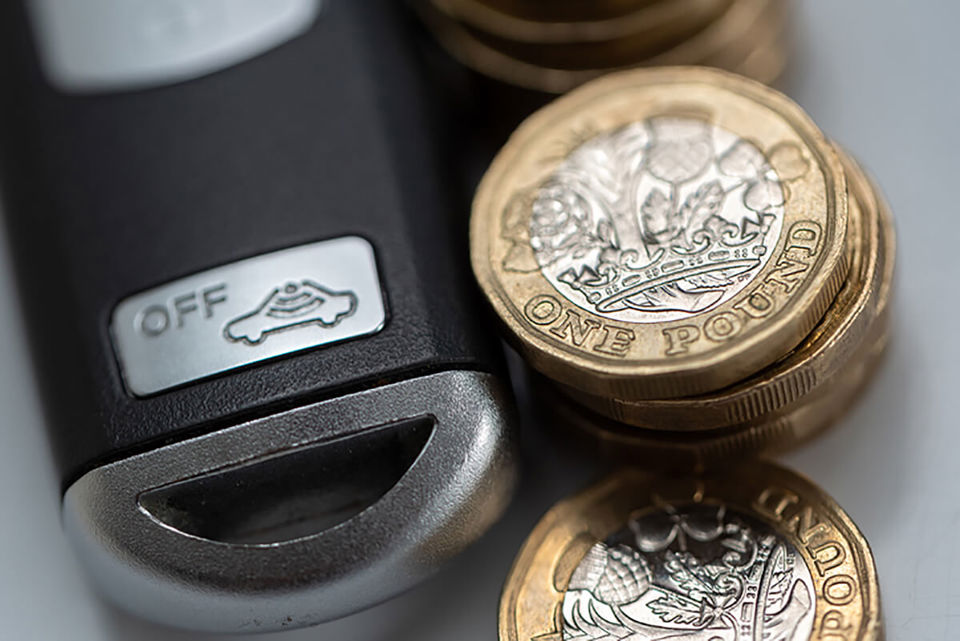HMRC has published draft legislation to make vehicles supplied through employee car ownership schemes (ECOS) liable for company car tax.
The Chancellor made the pledge in the Autumn Budget, with any new rules due to take effect from April, 2026.
However, it says that implementation of the new rules will now be delayed for six months until October 6, 2026.
While ECO schemes are not as widely used as they were in the past, there are still a number of employers who operate such schemes for their employees.
They are, for example, widely used by car manufacturers and dealers for their own employees, who can obtain the vehicle at a substantially discounted price.
HMRC estimates that the tax change will impact 76,000 employees at 1,900 companies, who currently receive cars through an ECO scheme.
The Treasury estimates that it will be worth an additional £275 million in tax take in its first year (2026/27), £220m in 2027/28, £195m in 2028/29 and £175m in 2029/30.
Publishing the draft legislation, HMRC said: “Private use of a company car is a valuable benefit, and it is right the appropriate tax is paid on it.
“This measure will ensure fairness with other taxpayers, reduce distortions in the tax system, and it reinforces the emissions-based company car tax regime which incentivises the take-up of zero emission vehicles.”
HMRC says that employers will need to familiarise themselves with the changes, make preparations and discussions with relevant employees, resolve the treatment of any specific cases, for example retired employees and then record vehicles provided through an ECO scheme as company cars through payroll or move employees from an ECO scheme to a company car scheme.
It added: “Clear guidance will be provided to ensure that companies are aware of the change in legislation prior to the change taking place.”
An ECO car looks and feels like a company car with one significant difference – the employee, not the employer, owns the car.
As a result, they have been able to avoid company car tax no matter how much support or discount the employer provides.
Under an ECO scheme, the employee purchases the car under a credit sale agreement and meets the monthly finance and running costs using a mixture of the income tax savings from no longer having a company car and the maximum tax-free mileage reimbursement for business journeys under the Government’s Approved Mileage Allowance Payments (AMAPs) scheme.
Currently, this is 45p per mile for the first 10,000 miles and 25p per mile thereafter for using a privately owned car on corporate business, all of which are deemed to be tax free. Some companies also may provide an employee top-up via the payroll.
With an ECO scheme, there is no income tax or national insurance contributions (NICs) to pay on the AMAP payments received. Any employer top-up, however, is paid via the payroll and is subject to income tax and employee’s NIC in full.
Employers also have to pay Class 1 NIC on the employee top-up, while it is possible to recover VAT on the fuel element of the full business mileage rates, provided receipts are kept.























Login to comment
Comments
No comments have been made yet.